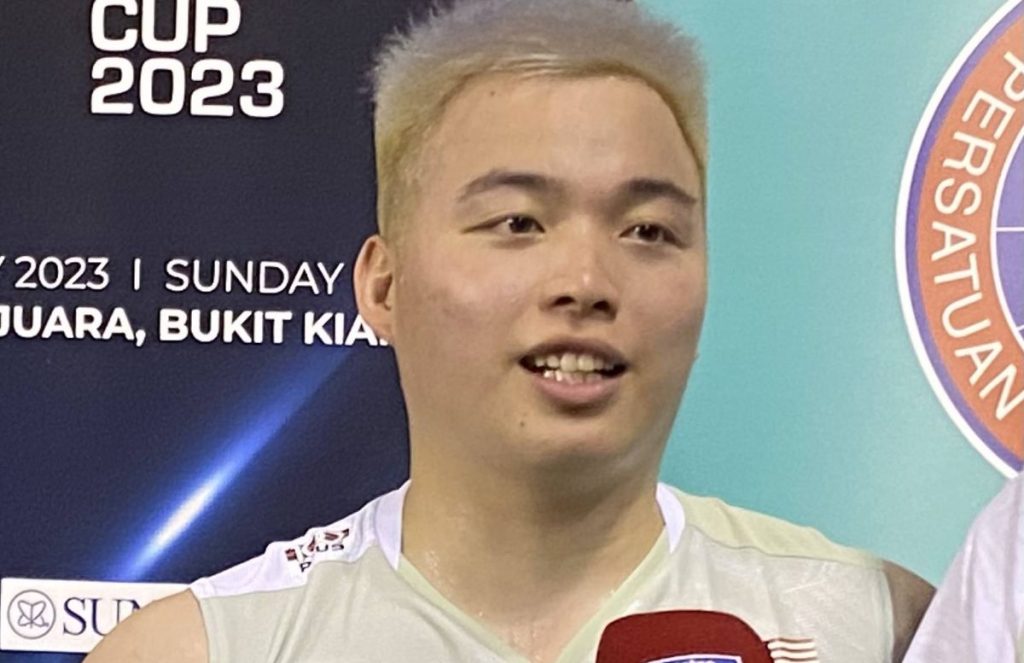[…] service faults and line calls, have undermined the fairness of competitions, impacting players’ careers and momentum.
Others are reading now
Malaysian men’s doubles ace Aaron Chia has called on the Badminton World Federation (BWF) to implement Video Assistant Referee (VAR) technology in the sport, in a bid to reduce controversial and game-altering decisions from match officials.
Chia, a former world champion and Olympic bronze medallist, believes that recent high-profile errors, especially on service faults and line calls, have undermined the fairness of competitions, impacting players’ careers and momentum.
I think BWF should introduce a VAR system, similar to what football has. For service faults, especially, something needs to be done,” Chia said during a training session in Bukit Kiara. “The angle from which service judges view can differ, and it leads to inconsistencies.
Recent Flashpoints Prompt Renewed Push
The 27-year-old referenced several instances where Malaysian players, including himself, were disadvantaged by questionable officiating. One flashpoint came during the second round of the Malaysia Masters, where young Malaysian pair Kang Khai Xing and Aaron Tai were leading 14–12 in the decider against Denmark’s Rasmus Kjaer and Frederik Sogaard.
Also read
A Danish smash appeared to land out, but Swiss umpire Peter Meszaros controversially awarded the point to Denmark, ruling the shuttle had touched Aaron Tai’s head, despite replays suggesting otherwise. No video challenge system was in place to overturn the decision.
Similarly, at the Singapore Open final earlier this month, Chia and partner Soh Wooi Yik were halted at a crucial juncture when a service was faulted against them, disrupting their rhythm against Kim Won Ho and Seo Seung Jae of South Korea.
Service Fault Debate: “Judges Have a Tough Angle”
Chia highlighted that service faults remain one of the most subjective aspects of the game due to the judge’s position relative to the player.
Even though the service height is set at 1.15 metres, the judge’s own height and position affect what they see. It creates room for error, and we’ve seen too many costly mistakes.
His plea echoes growing calls from across the badminton community for technological reform, especially as other sports embrace enhanced video officiating systems.
Medical Timeouts: More Empathy Needed
Beyond officiating, Chia also urged the BWF to exercise compassion when assessing medical timeout requests, amid concerns that some players exploit the rule to stall momentum.
Yes, there are players who may misuse it, but there are also genuinely injured athletes in need of treatment. We need a more balanced, human approach to these situations.
The Bigger Picture: Fair Play at Stake
Aaron Chia’s remarks reflect a broader sentiment among elite shuttlers: that in a sport where millimetres can separate victory from defeat, greater use of technology is no longer optional, but essential.
If badminton’s governing body responds to these calls, the sport may finally usher in a new era of accuracy and fairness that matches its blistering pace and global prestige.


